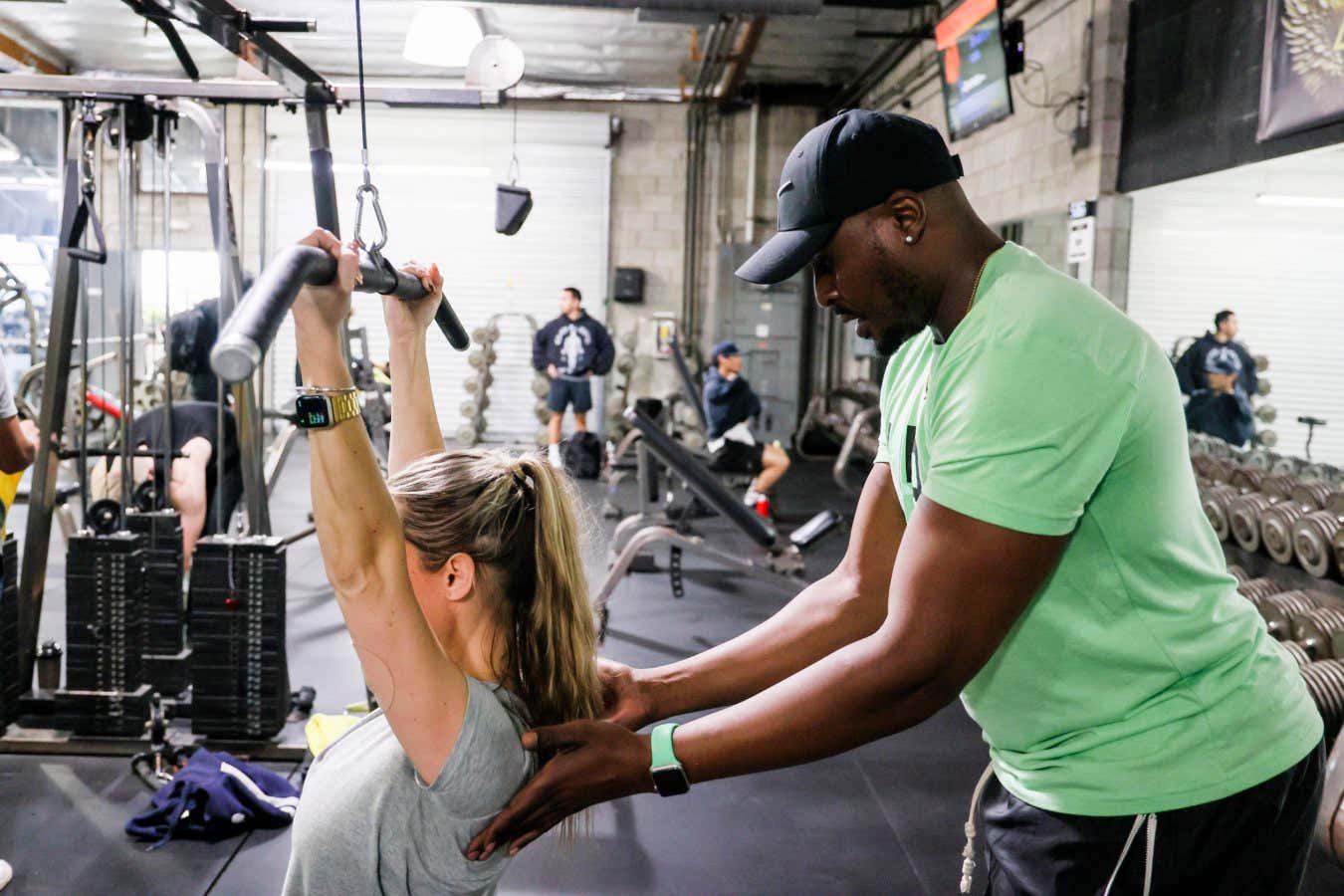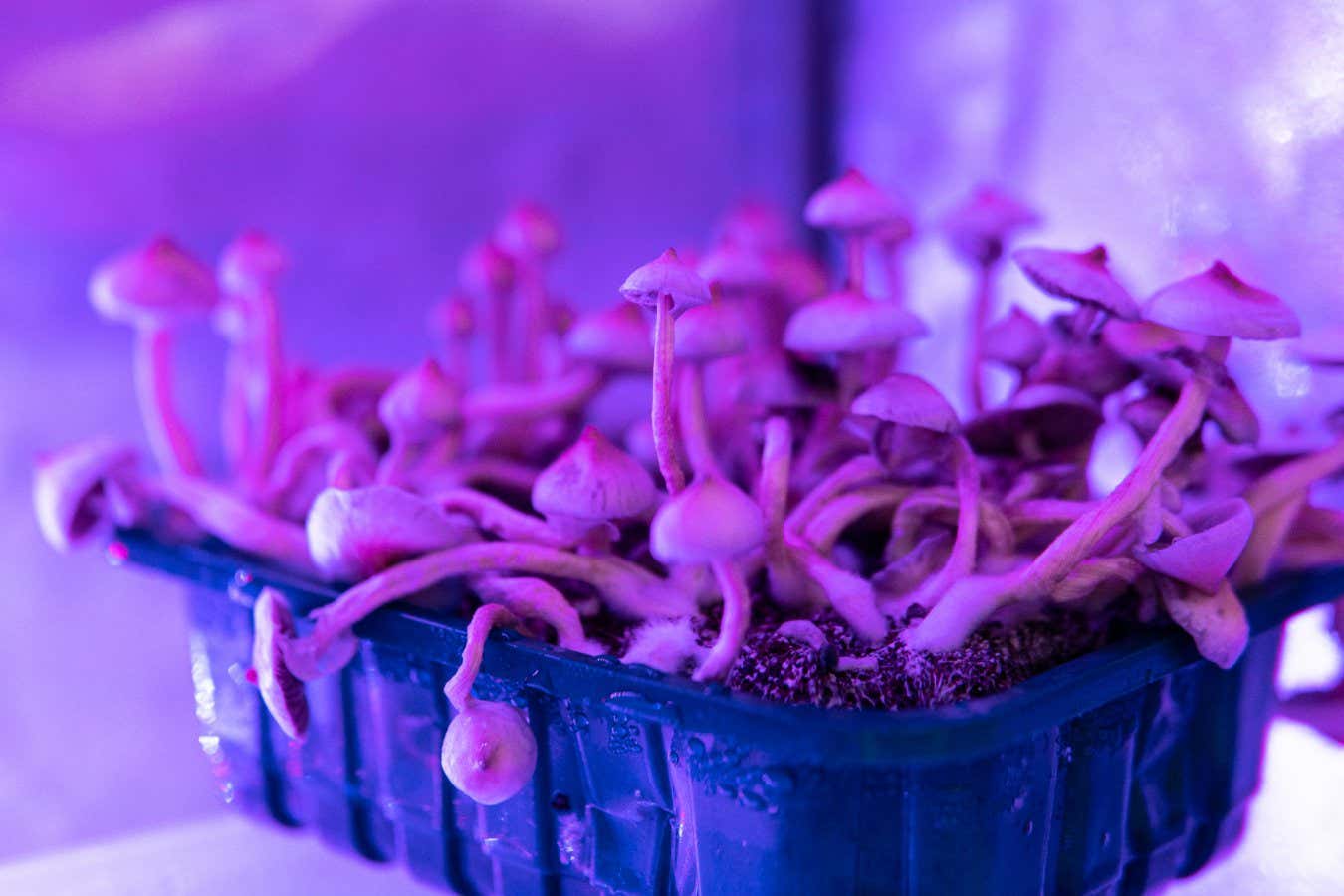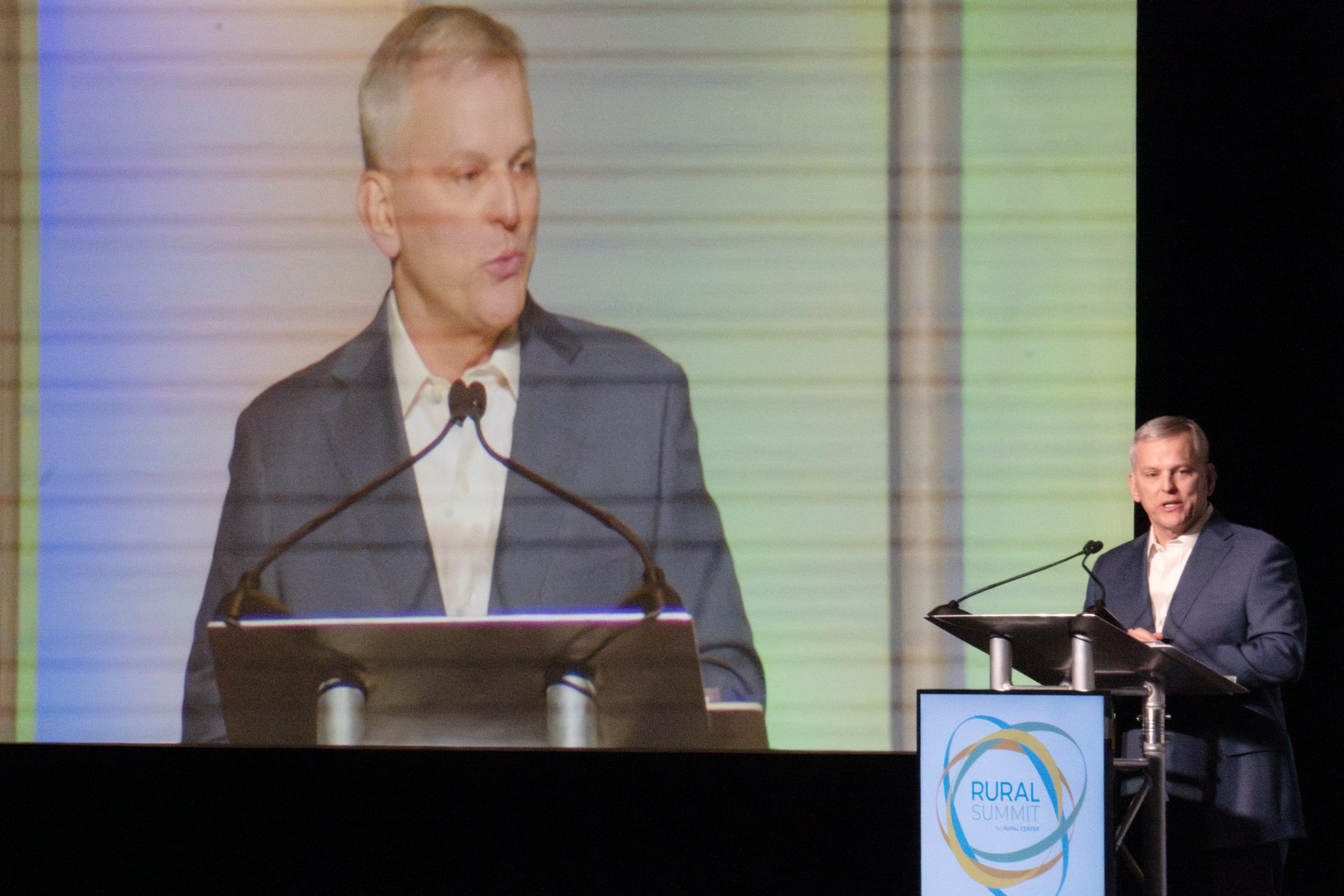Pump Iron, Boost Gut Health: How Weightlifting Could Transform Your Microbiome

Exciting new research reveals a fascinating connection between muscle strength and gut health. A groundbreaking study has discovered that individuals who experienced the most significant muscle power improvements during an eight-week resistance training program also witnessed remarkable changes in their gut microbiome balance.
The research highlights an intriguing link between physical fitness and internal bacterial ecosystem, suggesting that intense strength training doesn't just build muscle, but can also positively transform the microscopic world within our digestive system. Participants who showed the most substantial muscle gains simultaneously experienced a more diverse and balanced gut bacterial population.
This finding not only underscores the holistic nature of fitness but also opens up new avenues for understanding how exercise impacts our body's internal environment. It demonstrates that the benefits of resistance training extend far beyond visible muscle development, potentially influencing our overall health at a microscopic level.
Scientists are now eager to explore this connection further, hoping to uncover more insights into how targeted exercise can promote both muscular strength and gut health. The study offers an exciting glimpse into the intricate relationship between physical activity and our body's internal biological systems.








